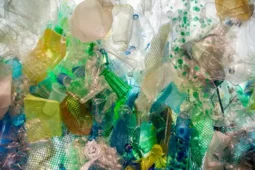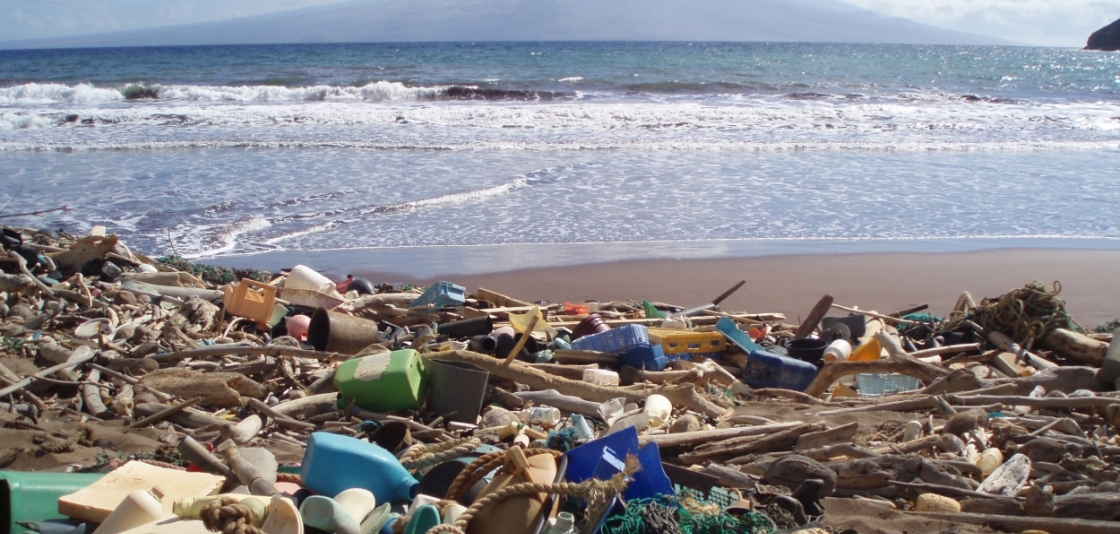
Tackling Plastic Pollution (start time: 3:50) In this week’s show, host Susan Moran interviews science journalists Fionna Samuels, an assistant editor at Chemical & Engineering News, a publication of the American Chemical Society; and Priyanka Runwal, an associate editor at C&EN. Along with other colleagues, they wrote cover articles in the November 28th issue of C&EN on the sources and impacts of plastic pollution. Indeed, plastics, mostly made from fossil fuels, are wreaking havoc on our environment and potentially our bodies. Although it’s still unclear precisely how much our bodies are accumulating tiny plastic particles, and to what effect, scientists are warning that nanoplastics could be altering our brains, our reproductive system, and our metabolism. Recently, representatives from many nations, including the United States, met to reach a first-of-its-kind United Nations global treaty to tackle plastic pollution. They failed. But outside the realm of treaties, a lot is being done, and far more can be done, to reduce the production, use, and waste of plastic.
Show Host/Producer: Susan Moran
Cohost/Engineer: Joel Parker
Executive Producer: Shelley Schlender
Listen to the show here:
Podcast: Play in new window | Download (Duration: 26:42 — 36.7MB)
Subscribe: RSS



 Plastics: From Pollution to Solutions (start time: 0:58) We all want to think that the yogurt tubs, takeout containers and other plastic products that we toss into our kitchen recycling bin will actually get recycled. Chances are, they won’t. Plastic product makers have for many years been
Plastics: From Pollution to Solutions (start time: 0:58) We all want to think that the yogurt tubs, takeout containers and other plastic products that we toss into our kitchen recycling bin will actually get recycled. Chances are, they won’t. Plastic product makers have for many years been 

